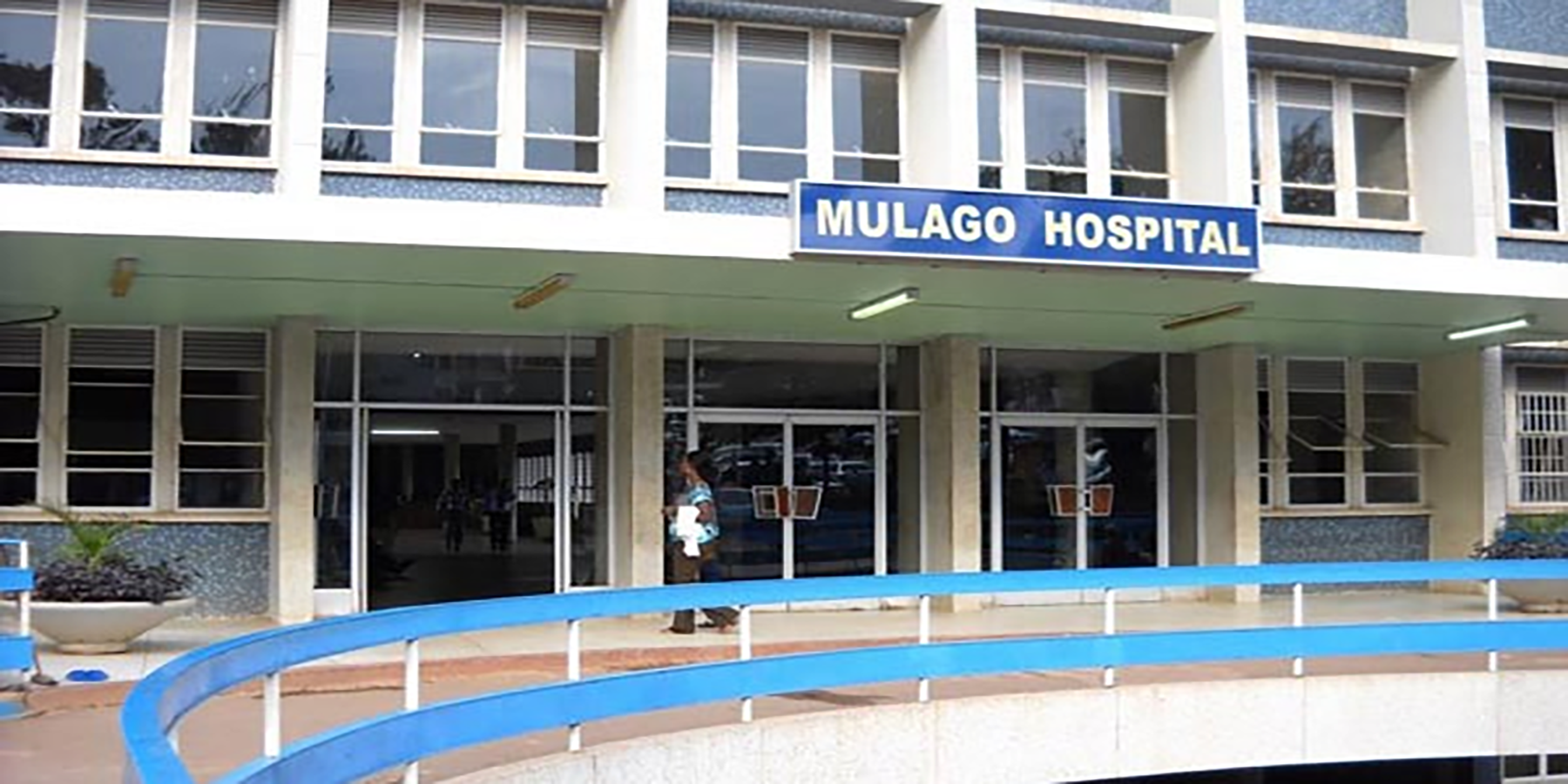Groundbreaking Moment: Uganda’s First Kidney Transplant Successfully Conducted at Mulago Hospital
A group of medical professionals from Uganda and India conducted the first kidney transplant in the country at Mulago Hospital on Wednesday, according to sources. The surgery involved placing a healthy kidney from a donor into a 24-year-old male whose kidneys were no longer functioning. The procedure, which took place at the newly established organ transplant unit at the national referral hospital, lasted four hours and was reported as successful. Both the donor and the recipient were reported to be in stable condition post-operation.
Dr. Rosemary Byanyima, the acting executive director of the hospital, responded to inquiries on Thursday, stating, “We have been planning, planning; we will let you know when we have done it.”
Sources revealed that Prof Frank Asiimwe, a consultant urologist and transplant surgeon at the hospital, led the team of Ugandan surgeons and other specialized medical professionals. This team received training in India at Yashoda Hospitals, where a group of 15 specialists, including urologists, nephrologists, and nurses, underwent intensive training for organ transplants following an agreement between Mulago and Yashoda in 2014.
The commencement of actual transplants faced delays attributed to a lack of equipment and a legal framework. However, with renovations, the purchase of modern equipment for a world-class organ transplant unit, and the enactment of the Uganda Human Organ Donation and Transplant law in the current year, kidney transplants became feasible.
The new legislation imposes severe penalties for the unlawful sale or purchase of organs, equating such actions with human organ trafficking, punishable by life imprisonment. The law also outlines the designated facilities for kidney transplants, specifies qualified individuals to perform the procedures, and establishes measures for transparency and accountability in the process.






